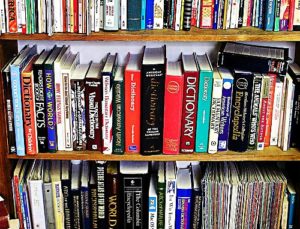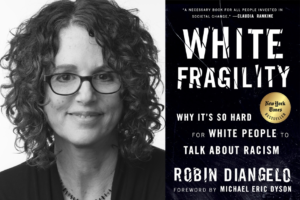“It’s easier to build strong children than to repair broken men.” – Frederick Douglass
Proud Dad Moments
In a recent issue of his “Postcards From the Fringe” blog, Tom Dyson told this little “Proud Dad Moments” story…
Our eldest child, Dusty (13), takes after me in a lot of ways.
He’s started reading investment newsletters. He’s investing his pocket money in gold, silver, and shipping stocks. He’s hooked on the High Ground series of books by Doug Casey and John Hunt.
We’ve started having wonderful conversations about economics and markets. Last night, he asked me who Gordon Gekko is. (Gekko is the titan in the 1987 movie Wall Street.)
But there’s one thing Dusty does that makes me prouder than any of the things above…
He pays attention to other people.
For example, we go skiing at the Grand Targhee Resort every day. We see the same men and women operating the chair lifts each time.
Dusty has become so friendly with them that we overheard one of them talking to his colleague about Dusty, unaware we were nearby.
“He’s the nicest kid,” he said. “He always thanks us and makes conversation with us.”
We asked Dusty what he talked to them about. He just shrugged and said, “I don’t know. I ask them for snowboarding tips… and what kind of music they like… and how much money they get paid.”
I wrote to Tom, saying that I’ve had somewhat the same good experiences with my boys.
When my boys were very young, I said to Tom, I wanted them to be great at everything they did – school, sports, whatever. As they entered their teens, my “wants” for them narrowed. I wanted them to be eager readers, able thinkers, and competent writers. I wanted them also to be likeable and mannerly. And I wanted them to be respectful of their parents and those to whom we trusted their education.
When they became young adults, in their 20s, all those wants in me subsided – probably because they had acquired those skills.
But then another want arose in me. I found myself wanting them to mature into independent adults. I wanted them to be financially independent – earning their own money and paying their own bills. And I wanted them to become emotionally independent – able to stay mentally strong, regardless of the troubles they would experience in the future.
By the time they were in their 30s I had added two more wants to my list.
I, of course, wanted them to be thoughtful – and by thoughtful, I mean having the ability to think independently, as opposed to being satisfied with the conventional ideas/opinions that are manufactured for consumption by the mainstream media.
But the other want wasn’t so obvious. I hadn’t considered it a want because I had never consciously identified it as a goal for them. But after seeing the way they behaved as adults, seeing the care and consideration they gave to others, and especially others that had nothing beneficial to give to them, I realized that what I had always wanted, however unwittingly, was to see them grow up to be kind.

 MarkFord
MarkFord
